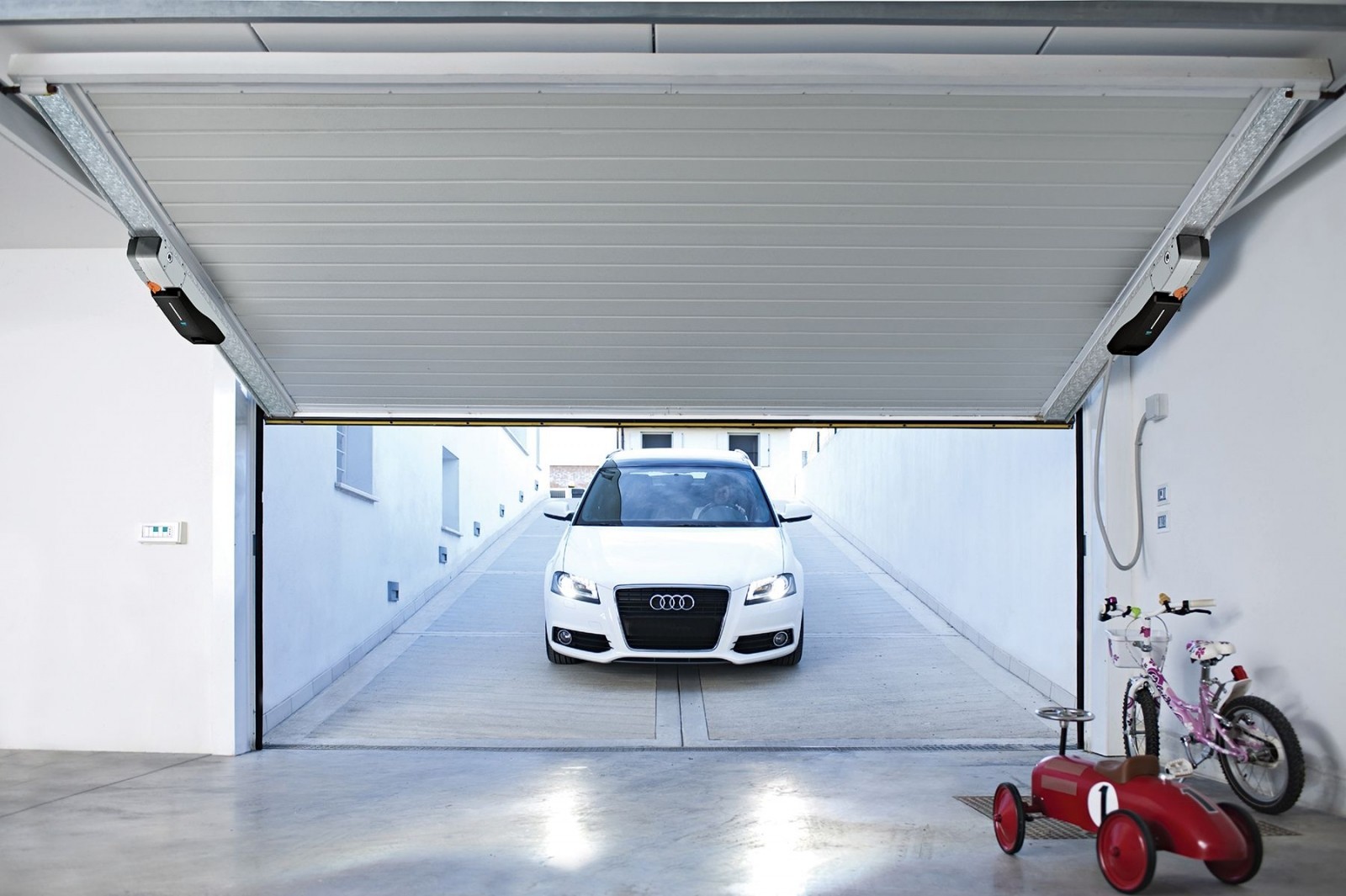
Is your garage door opener not working? Don’t wait until you are locked out, or worse, your home’s security is breached! More than a convenience, your garage door opener is an integral part of the safety system of your house. In this article, we are going to look at five major repairs that save you time, money, and even headaches. Let’s dive into a world of garage door opener service to find out how you can keep your house secure while keeping your life running smoothly.
The Mysterious Case of the Unresponsive Remote
You are getting late for work with a cup of coffee in your hand, and the garage door just refuses to move. Sound familiar? Before you panic, here are a few quick fixes to try:
Replace the batteries: It may be too simple to comprehend, but believe it or not, 70% of all problems with a garage door remote have something to do with the batteries!
Reprogram the remote: Sometimes, remotes need a quick refresh to sync with the opener.
Check for interference: Nearby electronics can disrupt your remote’s signal.
Pro Tip: Put extra batteries in your car just for that reason so you can make quick fixes on your way in or out.
The Curious Incident of the Reverting Door
Does your garage door start to close, then suddenly reverse? If so, this isn’t just annoying; it’s unsafe. Here’s what might be causing it:
Safety sensor misalignment: These little eyes across from each other on either side of the garage door prevent it from closing on anything.
Dirty sensor lenses: Maybe a wipe will be all that fixes your problem!
Loose chain or belt: If there is rattling noise, this is usually occurring.
Did You Know? New garage door openers are designed to reverse if they sense something beneath, which would spare people from possible death or damage.
The Mystery of the Noisy Opener
Is your garage door opener waking up the neighbors? A noisy opener isn’t just a nuisance; it’s usually a call for help. What those sounds might mean:
Grinding: May be worn gears needing replacement.
Rattling: Most often tells of loose hardware or chain.
Squeaking: Time for some lubrication!
Quick Fix: Apply a silicone-based lubricant to all moving parts annually. You give your opener a spa day!
The Puzzling Power Problem
If your opener acts like it is on strike, you need to check for electrical problems. So, before you call an electrician, try these steps:
Check out the power source: Is it plugged in? You’d be amazed how often this is actually the culprit!
Check the circuit breaker: It’s so simple when the breaker has tripped.
Check frayed wires: Don’t touch! Now is the time when you call the professional.
Wow-51,000 home fires are caused every year by faulty wiring. Don’t neglect electrical problems!
The Mysterious Case of the Slowing Door
Is your formerly speed garage door now an absolute slowpoke? The following could be the reasons for this:
Worn rollers or hinges-these have to be lubricated and changed out periodically.
Misaligned tracks-in many cases, this can be seen just by visually inspecting them.
Overtightened chain or belt-just enough tension is what they need to keep running right.
Remember: A slow door isn’t just a pain; it also puts additional strain on your opener, likely shortening its life.
Frequently Asked Questions
Q: How often should I have my garage door opener serviced?
A: Professional inspections should be done once a year, yet minor issues can be detected with monthly visual checks.
Q: Can I install my garage door opener myself?
A: While some DIYers may be up to the task, professional installation allows for proper setup and safety features. Plus, most warranties require a professional installation.
Q: How long do garage door openers usually last?
A: If well maintained, garage door openers are supposed to last 10-15 years. However, technology improves over time, and upgrading may be quite worth it even before that.
Q: Is investing in a smart garage door opener worth it?
A: Of course! They boast advanced features in security, remote monitoring, and further integrations with home automation.
Q: What is the most frequent garage door opener repair?
A: The most common ones include issues with the remote and sensor alignment problems. Amazingly, most of these are simple fixes that a person can achieve themselves!
How to Save Yourself from Costly Repairs and Give Your Garage Door Opener a Longer Life: Your Monthly Checklist
Looking to avoid costly repairs and extend your opener’s life? Just go by this simple monthly checklist:
Loose hardware, frayed cables, or bent tracks
Pull the disconnect and manually lift the door. It should remain in place at halfway open.
Reversal Test: Place a 2×4 on the ground and close the door; it should reverse upon contact.
Lubrication: Apply silicone-based lubricant to chains, rollers, and hinges.
Clean Sensors: Use a soft, dry cloth to wipe photo-eye sensors.
By following these actions, you are not maintaining just a machine, you are securing your home and ensuring peace of mind.
Empower Your Home Security Today!
Your garage door opener is more than a convenience; it protects your house against intruders. By learning and being able to handle these critical fixes on your own and keeping up with regular maintenance, you are protecting yourself and your family not only from further inconvenience but possibly even from burglary. Again, remember that even though many problems are DIY-friendly, one should never hesitate when there is an issue regarding safety or if the problem is very serious and requires calling a professional. The safety of your home is worth more than dollars and cents!
Ready to take responsibility for your garage door opener’s health? Then start inspecting it today. Your future self-not to mention your wallet-will thank you for such a proactive approach to home maintenance. And you shouldn’t wait until there’s actually a breakdown; now is the time to attend to the first line of defense for your home.
